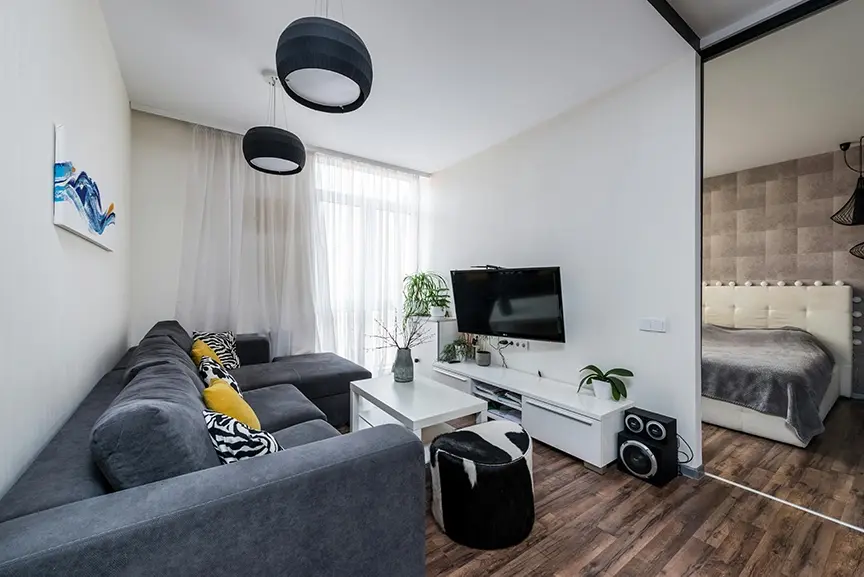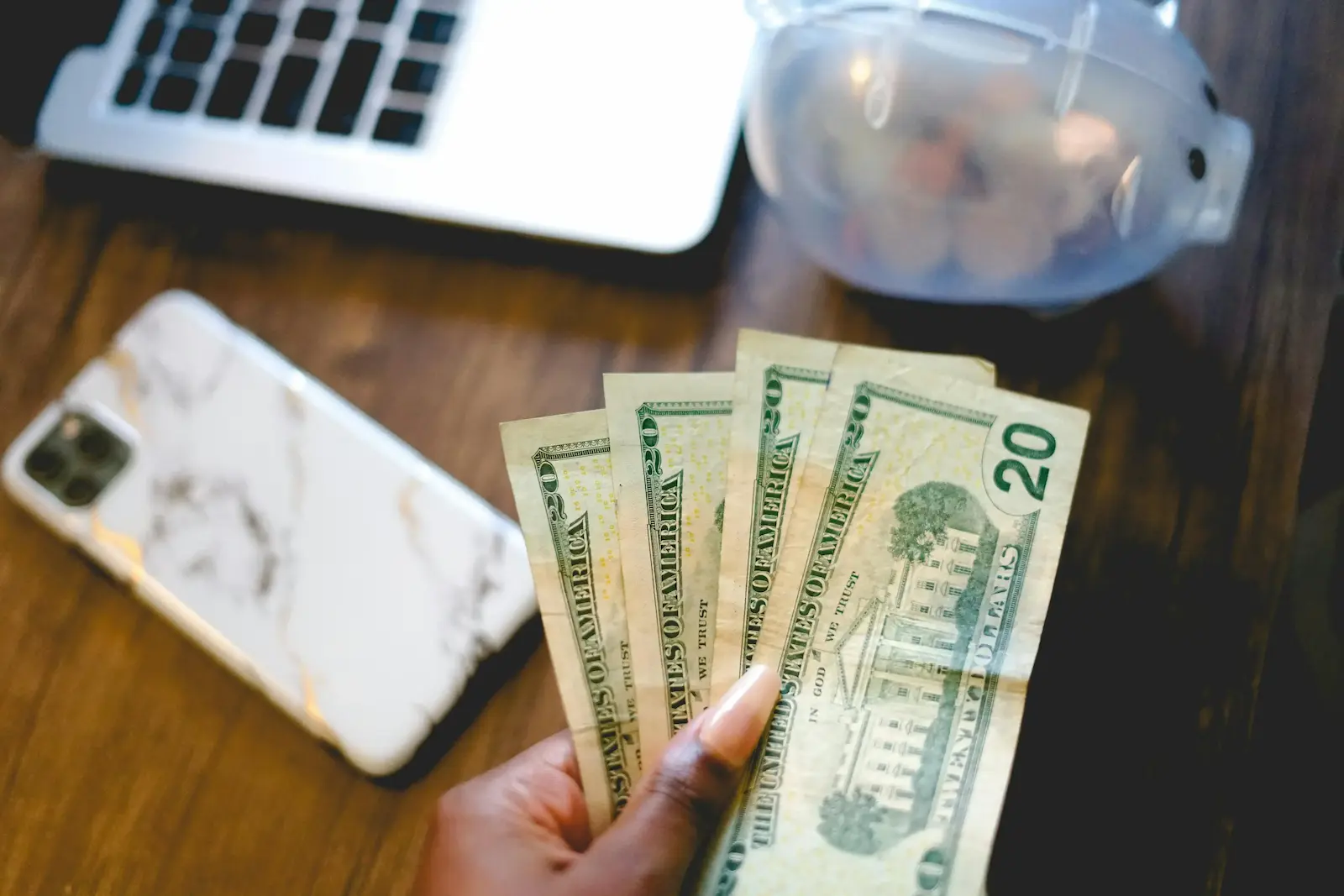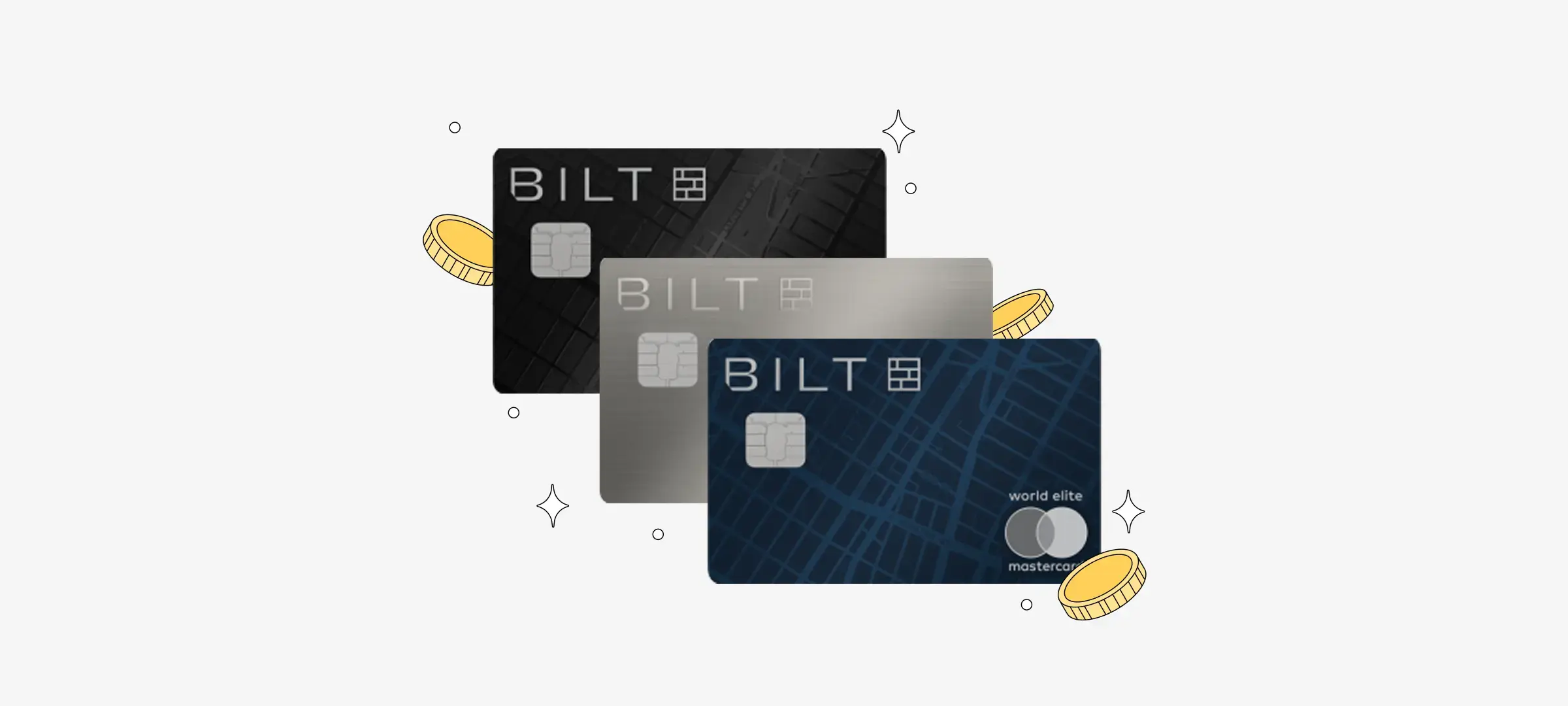
Kudos has partnered with CardRatings and Red Ventures for our coverage of credit card products. Kudos, CardRatings, and Red Ventures may receive a commission from card issuers. Kudos may receive commission from card issuers. Some of the card offers that appear on Kudos are from advertisers and may impact how and where card products appear on the site. Kudos tries to include as many card companies and offers as we are aware of, including offers from issuers that don't pay us, but we may not cover all card companies or all available card offers. You don't have to use our links, but we're grateful when you do!
How to Use Your First Credit Card
July 1, 2025

.webp)
Start with small purchases, pay on time and in full, and avoid debt to build good credit from day one.
Start Small and Stay Within Your Budget
Getting your first credit card is exciting, but it's wise to treat it like cash. Begin by using your card for a few small, manageable charges each month to get comfortable. For example, you might put a streaming subscription or a tank of gas on the card. Make sure these are expenses you can pay off immediately, as if you were using a debit card.
This approach helps you avoid overspending – a common mistake new cardholders make – and prevents a balance from growing beyond your means. By limiting charges to what's in your budget, you'll build good habits and stay out of trouble with debt.
Just as important is paying on time. Your payment history makes up the largest portion of your credit score, so never miss a due date. Most credit cards offer free text/email alerts or mobile app reminders when your bill is coming due. Even better, consider setting up automatic payments for at least the minimum due (or the full balance) each month.
Autopay ensures you never pay late, which means no late fees and no dings to your credit. (Just remember to keep enough money in your bank account to cover the payment!) Paying on time, every time, will help you establish a positive track record from the start.
Use Credit Responsibly (Avoid Common Pitfalls)
While credit cards offer convenience, misuse can lead to costly mistakes. Two pitfalls to avoid are carrying a high balance (debt) and maxing out your card. Let's break down how to steer clear of both:
Pay In Full to Avoid Debt
It's highly recommended to pay your credit card bill in full each month. Only paying the minimum keeps you in good standing, but you'll start accruing high interest on the remaining balance. Credit card interest rates often exceed 20% APR, which can trap you in debt if you're not careful.
Keep Your Balance Low (Watch Utilization)
Even if you pay in full, it's smart to keep your credit utilization ratio low throughout the month. Utilization is the percentage of your credit limit you're using; for example, a $300 balance on a $1,000 limit is 30% utilization. Credit experts often recommend staying under 30% of your limit – and the lower, the better for your credit score. High utilization can hurt your credit scores, even if you pay on time, because it signals potential risk to lenders.
If you find yourself getting close to your limit often, you can ask your issuer for a credit limit increase after a period of on-time payments. A higher limit can instantly lower your utilization ratio – but be cautious that you don't see it as an excuse to spend more!
New to credit cards? Kudos can help you stay on top of payments and perks. It's a free tool that tracks your cards, reminds you of due dates, and highlights benefits you might otherwise miss — so you get the most out of your first card.
Make the Most of Your Card and Protect Your Credit
Your first credit card isn't just a tool for purchases – it can also offer benefits and set the foundation for your financial future. Here's how to maximize its perks while safeguarding your credit:
Take Advantage of Rewards and Perks
Does your card offer cash back, points, or other rewards? Many beginner credit cards do. Use the card for normal budgeted expenses to earn rewards (for example, 1% cash back on groceries means $10 back on a $1,000 spend) – but never overspend just to chase points. If your card has no rewards, focus on building credit now; you can upgrade to a rewards card later once your credit is stronger. Besides rewards, read up on your card's perks. Even basic cards often include benefits like extended warranty protection, purchase protection, rental car insurance, or travel insurance on purchases you make with the card.
Build a Long Credit History
One of the most underrated tips is keep your first credit card open for as long as possible, even if you eventually get other cards. The length of your credit history is a key factor in your credit score, and your oldest account boosts that average age. Closing your first card too soon could shorten your credit history and potentially lower your score. Unless the card has an annual fee you absolutely can't justify, it's usually best to keep it open and use it periodically (say, a small charge every few months) to keep the account active.
Monitor Your Statements and Credit Score
Fraud and errors can happen to anyone, so it's critical to review your credit card statement every month. Even with $0 fraud liability policies (by law you're only liable for up to $50 of unauthorized charges, and most issuers waive that entirely), you should report any suspicious charge immediately to avoid hassle and get a replacement card number. Set up account alerts to notify you of large transactions, which can tip you off to fraud quickly. I
Lastly, protect your personal information associated with your card. Don't lend your card to others, and be cautious when entering card details online (use secure, trusted websites). Treat your credit card number like sensitive data to prevent fraud before it happens.
Conclusion: Build Credit and Confidence with Your First Card
Using your first credit card wisely will set you up for future financial success. By charging only what you can afford, paying bills on time (ideally in full), and leveraging your card's perks, you'll build credit history and confidence in managing credit. Remember that your credit habits now lay the groundwork for larger goals – whether it's qualifying for a car loan, renting an apartment, or getting a premium rewards card down the road. The key is to develop good habits: treat your card as a tool, not a free pass to spend.
And you don't have to navigate this journey alone. Kudos can be your friendly co-pilot as you manage your credit cards. From helping you track spending and due dates to revealing hidden card benefits and rewards, Kudos makes it easier to get the most out of your cards. (Plus, it's free and easy to use.)
By following these tips – and using helpful tools like Kudos – you'll quickly get the hang of credit cards. Enjoy the convenience and rewards of your first card, responsibly, and watch your credit score climb. Welcome to the world of credit, and happy swiping!
FAQ: First Credit Card Use
Should I pay my credit card bill in full each month?
Yes – paying your statement in full every month is best. This way you avoid interest charges entirely and keep your debt at $0. Paying in full also helps your credit, as it keeps your credit utilization low. If you only pay the minimum, you'll accrue interest on the remaining balance, which can become very expensive.
Does carrying a balance improve my credit score?
No, carrying a balance does not help your credit score – that is a common myth. You build credit by using your card and making on-time payments, not by carrying debt. In fact, carrying a balance will hurt your credit if it leads to high utilization or missed payments, and it will certainly hurt your wallet due to interest.
Is it okay to use most of my credit limit?
No, maxing out or using most of your credit limit is not advisable. High utilization (even if you pay off later) can lower your credit score. It also leaves you little room for unexpected expenses and increases the risk you can't pay it all off at once. Try to keep your usage under roughly 30% of your limit (and lower is better).
Should I keep my first credit card open after I get another card?
Yes, in most cases you should keep your first card open. Unless it has high fees or some issue, keeping it open helps lengthen your credit history, which is beneficial for your credit score. Your oldest account shows how long you've been managing credit. Even if you don't use it often, you can put a small recurring charge on it and pay it off to keep it active.
Will one late payment really hurt my credit?
Yes – a single late payment can have a significant negative impact on your credit. Being 30+ days late is typically reported to credit bureaus and can knock many points off your score, especially if you had a good score to start with. Plus, you'll likely owe a late fee and interest. The good news: if you pay on time consistently after a slip-up, the effect will fade over time.
Unlock your extra benefits when you become a Kudos member

Turn your online shopping into even more rewards

Join over 400,000 members simplifying their finances

Editorial Disclosure: Opinions expressed here are those of Kudos alone, not those of any bank, credit card issuer, hotel, airline, or other entity. This content has not been reviewed, approved or otherwise endorsed by any of the entities included within the post.



















.webp)















.webp)

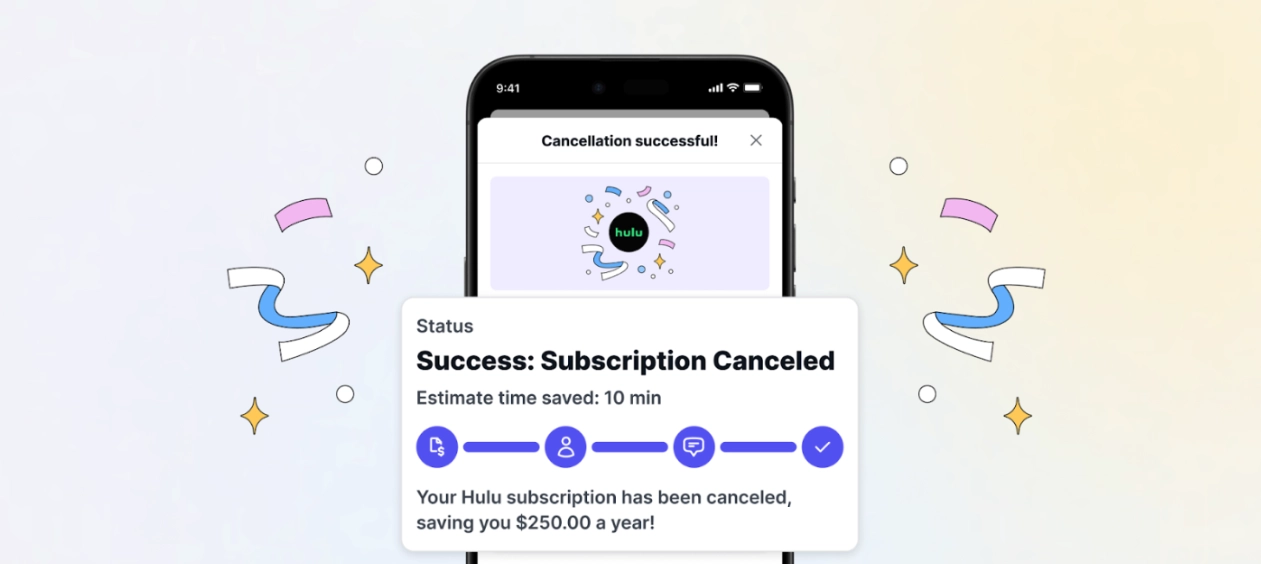
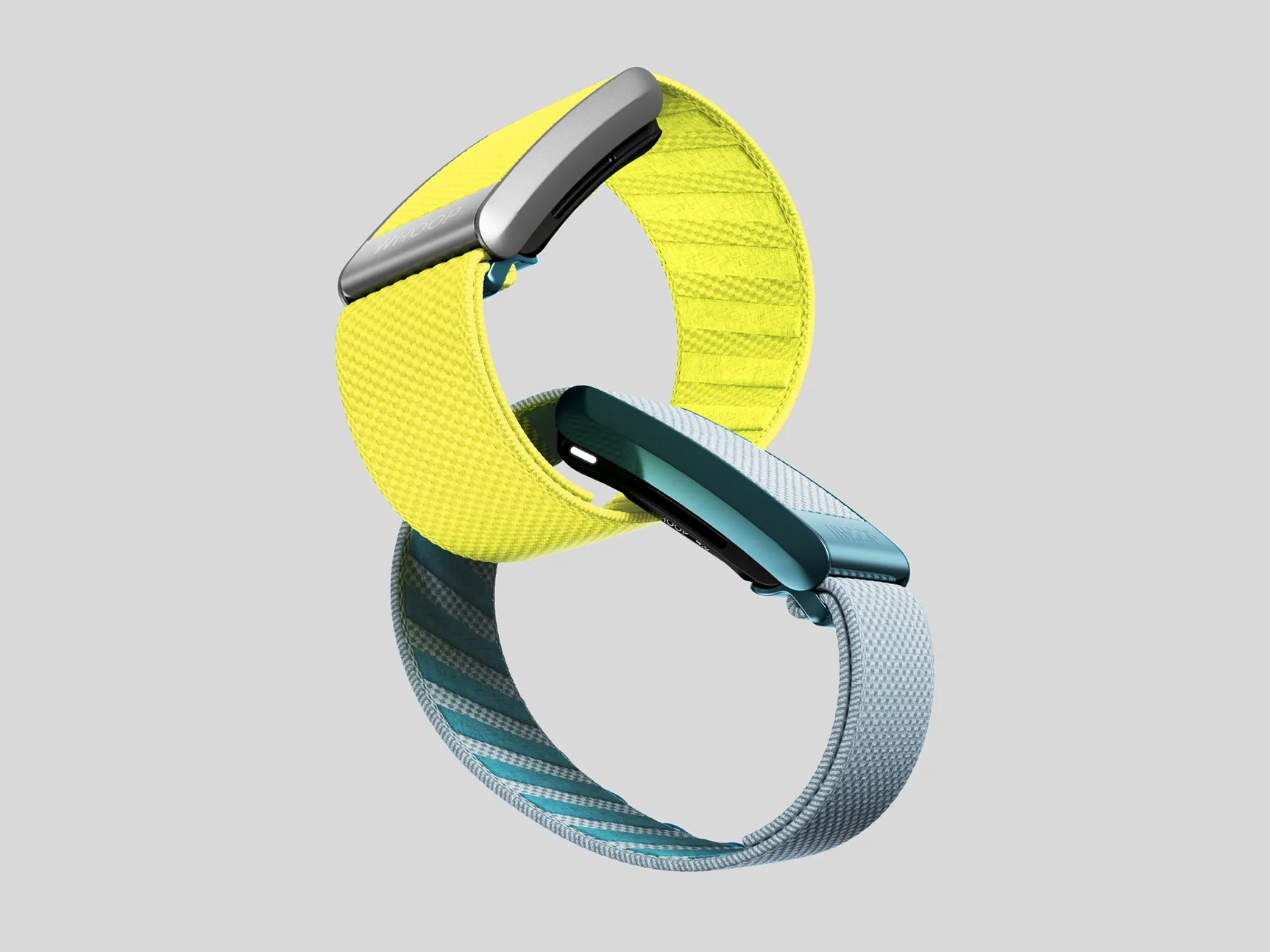
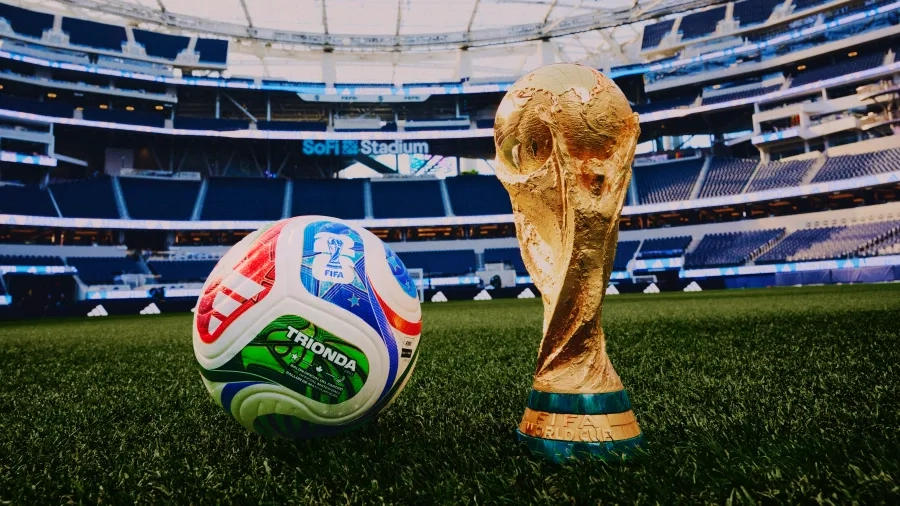
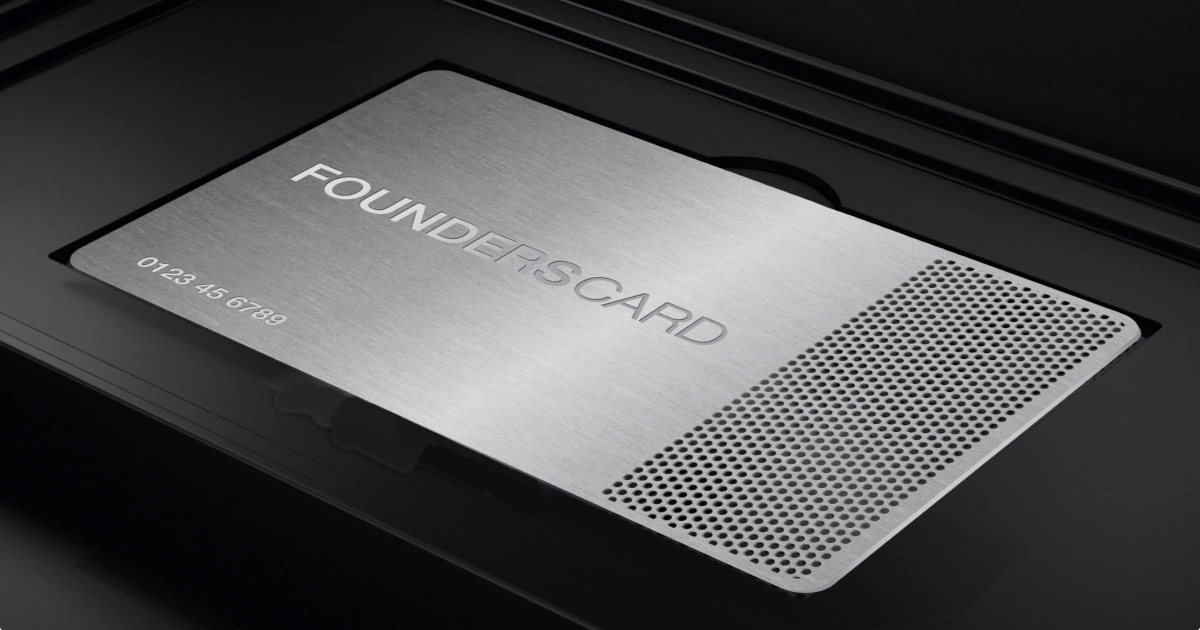
.webp)
